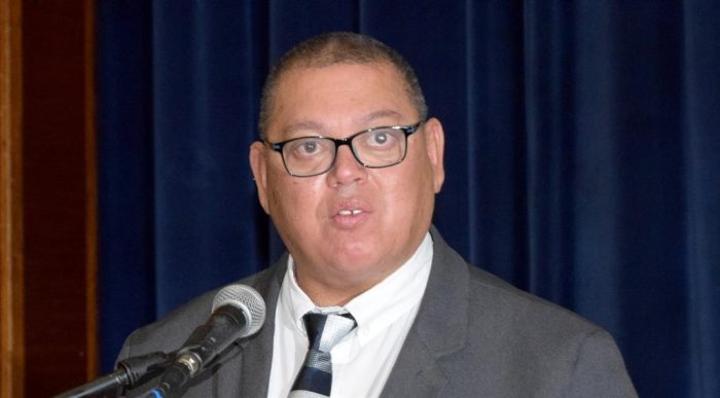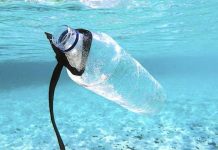Africa-Press – Namibia. Over 500 fishermen in the coastal town of Walvis Bay have been re-employed after signing contracts with four fishing enterprises. The move is part of an effort by the Ministry of Fisheries and Marine Resources and several fishing firms to minimize the devastation caused by the Fishrot corruption scandal.
In 2019, nearly 5,000 people were laid off due to the scandal, and many of them have been demonstrating at the football stadium in Walvis Bay’s Kuisebmond district ever since. While some have been re-employed, the majority of the group is still looking for work.
The Fishrot scandal was Namibia’s biggest corruption scandal to date and led to the exploitation of fishing quota allocation by the suspects involved. As part of the government’s Employment Redress Programme, Fisheries Minister Derek Klazen witnessed the contract signing before Easter weekend and discussed the program’s internal operations.
Tunacor Fisheries Limited, Seaworks Fish Processors, Merlus Fishing, and Hangana Seafood have inked contracts with the 581 workers, while the fisheries ministry provided hake fishing quotas to the three companies that employed 401 workers as part of the redress program.
According to Klazen, the remaining 1,300 people will be hired as soon as the horse mackerel fishing enterprises and the fisheries ministry reach an agreement. He also disclosed that it takes around eight tonnes of fish to support one employee annually.
The project aims to provide permanent jobs and differs significantly from earlier efforts by the fisheries ministry to employ the more than 400 workers who left their jobs at Seaflower Pelagic Processing (SPP) after not getting paid for months.
Seaflower Pelagic Processing was a partnership formed by the National Fish Corporation (Fishcor) and Africa Selection Fishing that could not continue operating after the Fishrot scandal prevented it from receiving any horse mackerel fishing quotas for years. Following the former fisheries minister’s decision to stop allocating horse mackerel fishing permits to the general public and the private joint venture, operations at the SPP site ended.
At the time, the employees were placed on the payrolls of various fishing businesses without having to perform any actual physical labour. The fishing firms that took part in the plan were given fishing quotas that they could use to capture, process, and sell fish.
Klazen said that the ministry would no longer consider hiring fishermen on a monthly stipend basis. The Employment Redress Programme is a step towards providing sustainable employment opportunities for those affected by the Fishrot scandal. – Namibia Daily News
For More News And Analysis About Namibia Follow Africa-Press






